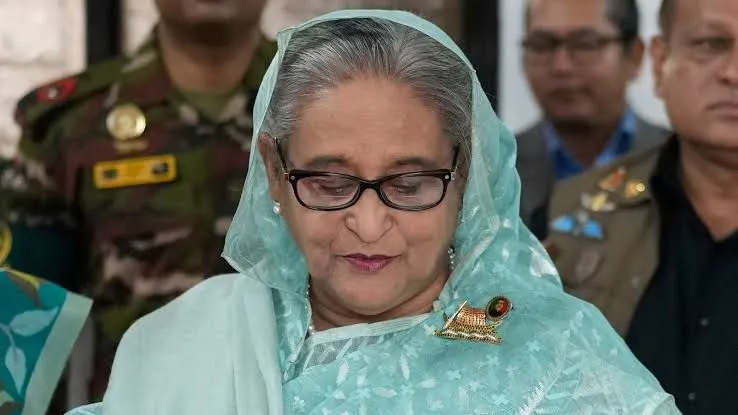A Bangladesh war crimes court has sentenced ousted Prime Minister Sheikh Hasina to death.
Hasina was sentenced to death on Monday, November 17, 2025, after a months-long trial that found her guilty of ordering a deadly crackdown on a student-led uprising last year.
The ruling is the most dramatic legal action against a former Bangladeshi leader in decades and comes months ahead of parliamentary elections expected to be held in early February.
Hasina got a life sentence under charges for crimes against humanity and the death sentence for the killing of several people during the uprising.
There was cheering and clapping in the court after the death sentence was pronounced.
The verdict can be appealed in the Supreme Court.
But Hasina’s son and adviser, Sajeeb Wazed, told Reuters on the eve of the verdict that they would not appeal unless a democratically elected government took office with the Awami League’s participation.
During the trial, prosecutors told the court that they had uncovered evidence of her direct command to use lethal force to suppress a student-led uprising in July and August 2024.
According to a United Nations report, up to 1,400 people may have been killed during the protests between July 15 and August 5, 2024, with thousands more injured — most of them by gunfire from security forces — in what was the worst violence in Bangladesh since its 1971 war of independence.
Hasina was represented by a state-appointed defence counsel who told the court that the charges against her were baseless and pleaded for her acquittal.
Ahead of the verdict, Hasina dismissed the accusations and the fairness of the Tribunal proceedings, asserting a guilty verdict was “a foregone conclusion.”
Bangladesh has been tense ahead of the verdict, with at least 30 crude bomb explosions and 26 vehicles torched across the country over the past few days.
However, there have been no casualties.














